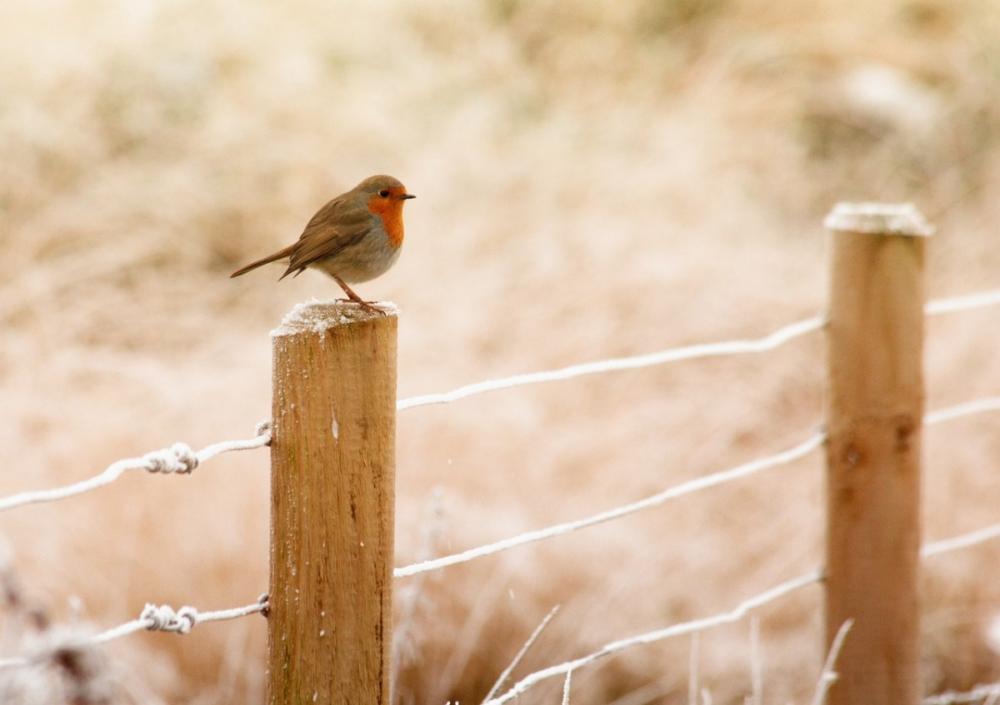search
date/time
 | Yorkshire Times A Voice of the Free Press |

Jan Harris
Deputy Group Editor
3:00 AM 1st December 2022
nature
The Start Of Winter Is Today!

Image by Alain Audet from Pixabay
The meteorological definition of the seasons means that the year is split into four seasons which coincide with the Gregorian calendar. Apparently this makes it easier for forecasting and monthly statistics.
Meteorological Seasons
Spring (March, April, May)
Summer (June, July, August)
Autumn (September, October, November)
Winter (December, January, February)
Spring (March, April, May)
Summer (June, July, August)
Autumn (September, October, November)
Winter (December, January, February)
Astronomical Winter
In 2022 the astronomical winter begins on 21 December and ends on 20 March 2023 in the Northern Hemisphere. The Winter Solstice is also known as the 'shortest day' of the year as there are fewer hours of sunlight. After the Winter Solstice the good news is that the days start to get longer until the Summer Solstice which is the longest day of the year.
Astronomical Seasons:
Spring Equinox - 20/21 March
Summer Solstice - 21/22 June
Autumn Equinox - 22/23 September
Winter Solstice - 21/22 December
Spring Equinox - 20/21 March
Summer Solstice - 21/22 June
Autumn Equinox - 22/23 September
Winter Solstice - 21/22 December
The reason why we have seasons is related to astronomy and planetary science. The earth's axis is tilted as it orbits the sun and takes about 365 days. This means that one half of the earth is pointed away from the sun and the other is pointed towards it at the time of the solstice. Each orbit is an eclipse. In one year the earth travels about 584 million miles or 940 million km.

Image by InspiredImages from Pixabay
Some interesting facts about Winter
Earth is closest to the sun in winter
The coldest temperature recorded in winter was -27.2 °C in the Scottish Highlands in 1995
The winter of 1963 was one of the coldest on record since 1740
The word 'Winter' comes from the Germanic wintar which is derived from wed meaning wet or water
Earth is closest to the sun in winter
The coldest temperature recorded in winter was -27.2 °C in the Scottish Highlands in 1995
The winter of 1963 was one of the coldest on record since 1740
The word 'Winter' comes from the Germanic wintar which is derived from wed meaning wet or water